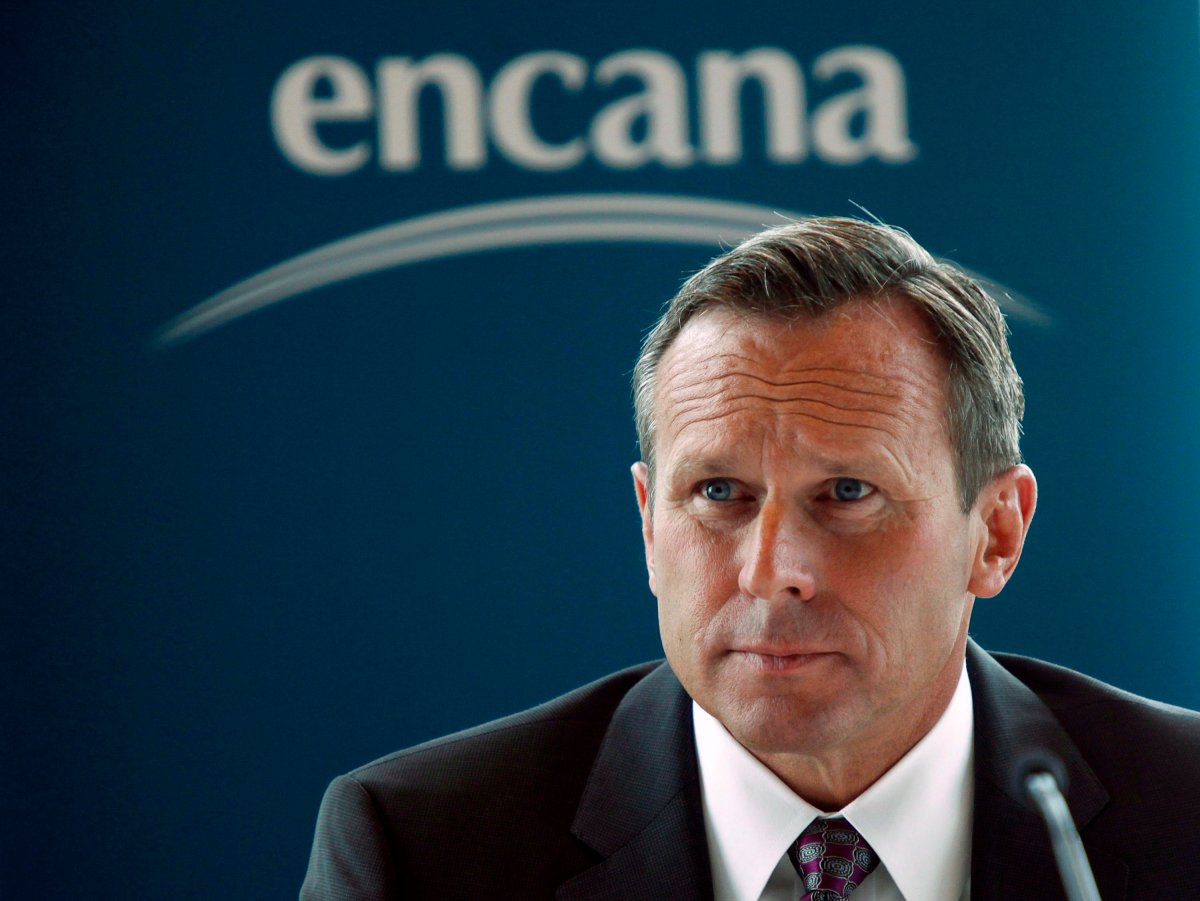The CEO of Encana Corp. is firing back after Canadian investment manager Letko, Brosseau & Associates Inc. said it would vote its four per cent stake against the Calgary-based company’s planned headquarters move to Denver.

Doug Suttles, a Texan who lives in Denver, says the company is “disappointed” by the investor’s stance against what he says is a “crystal clear” rationale to expose the company to growing pools of investment from U.S. index funds and passively managed accounts.
He says he disagrees with Letko Brosseau’s assertion that the move means investors holding Encana through indexed Canadian funds or with Canadian-only investment policies would have to sell shares, thus compounding recent share price deterioration.
Suttles adds most of Encana’s large investors in Canada also own U.S. companies and he believes the move will be positive for all shareholders through exposure to the much larger U.S. market.
Encana announced the headquarters move as part of a reorganization that would include changing its name to Ovintiv, as well as a one-for-five share consolidation.
The changes require the support of holders of two-thirds of Encana’s shares in a vote which is to be held early next year.
“Our establishment of domicile in the U.S., as well as our subsequent name change to Ovintiv Inc., reflects our significant transformation and better aligns us with our U.S. peers,” said Suttles in a statement.
“Today, more than 80 per cent of Encana’s capital investments, 75 per cent of revenues and approximately 70 per cent of proved reserves are located in the U.S.”



Comments